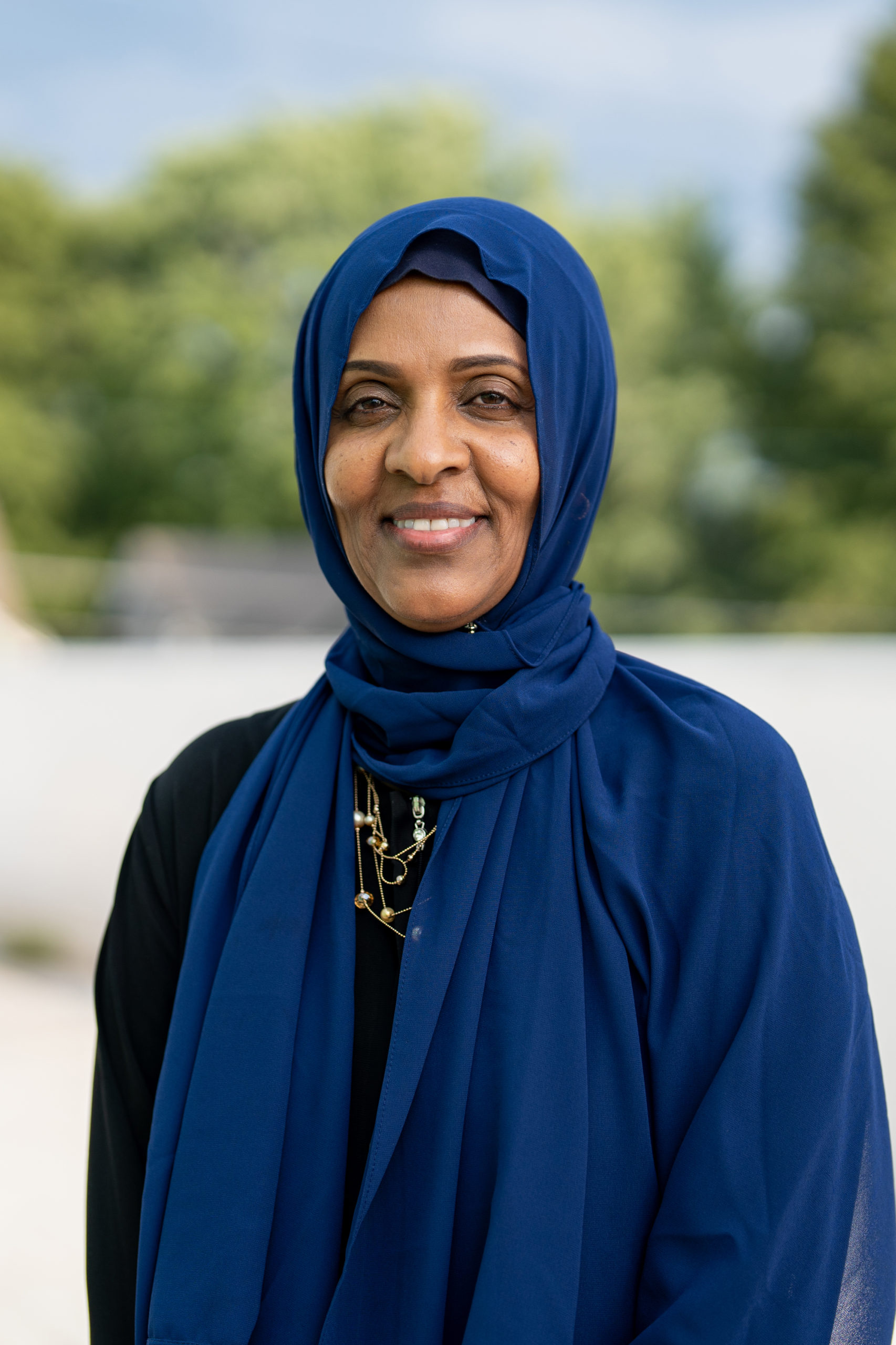Fartun Weli
CEO – Isuroon

I am an independent thinker and an activist for the common good. I am allergic to racism, so I am an advocate for radical change. I have been described as a compassionate matriarch, a fearless leader, and a change-maker, who is relentless in my advocacy for the well-being of women and their families.
I am focused on finding strength-based solutions for immigrant and refugee women and their families and other people whose voices are not heard yet. I am a persistent bridge-builder and believe in the concept of “teaching people how to fish.”